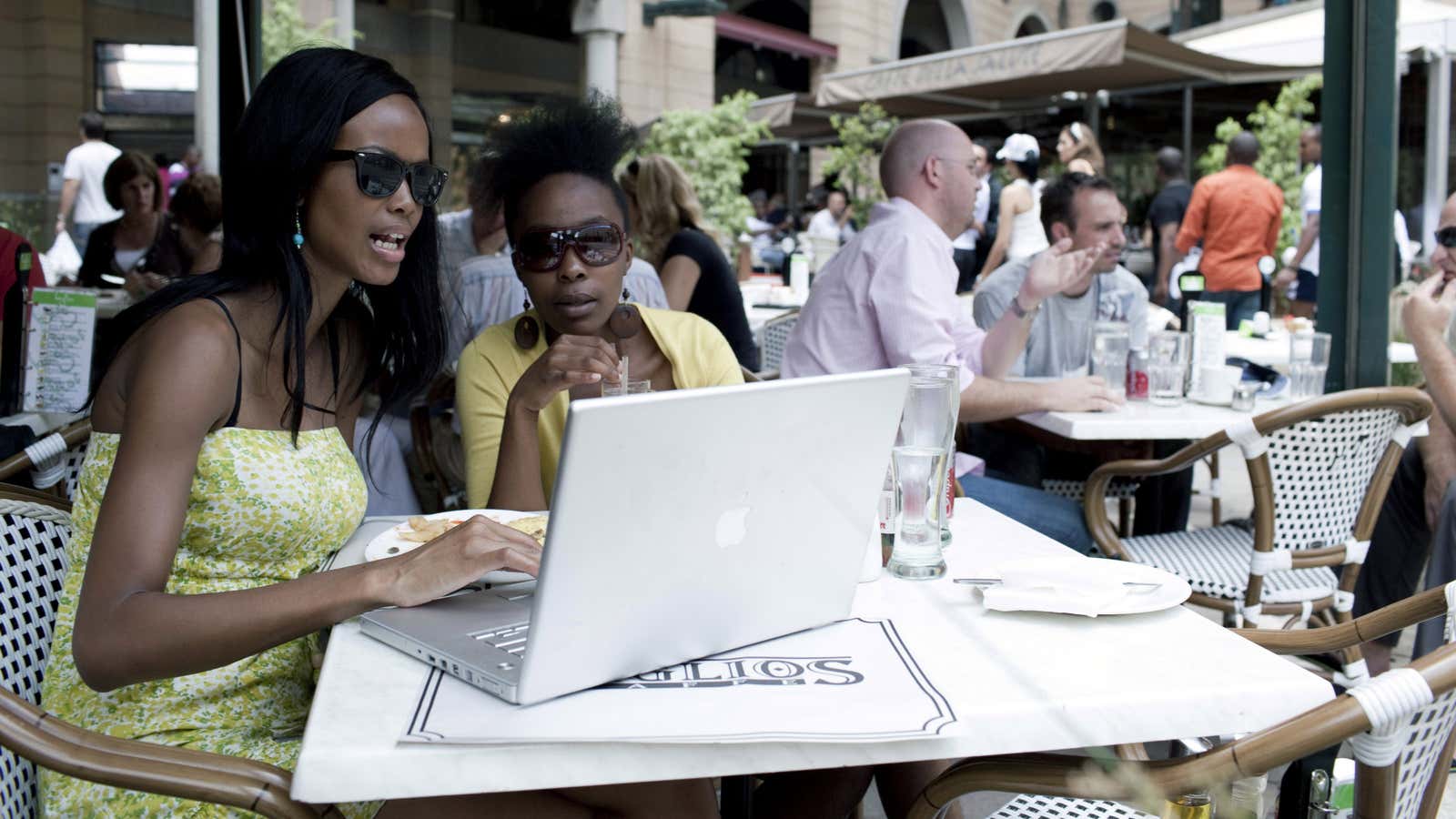Growing up is hard, even for emerging markets.
South African authorities were surprised and unhappy to learn that the UK would be cutting its aid to South Africa, as UK finance ministers said the relationship should be based on trade rather than development. Blame it on communication bungling between bureaucrats, but in the end this is a step in the right direction for South Africa’s future as a global leader, say experts.
Thomas Wheeler, a research associate at the South African Institute of International Affairs, says South Africa’s negative reaction to Britain’s announcement is a public relations embarrassment for the country. South Africa has to be realistic, he says. As the UK economy struggles, it has been hard to justify to voters why it should continue to give developmental assistance to arguably flourishing states, like South Africa, India and China. “Why should a country in a desperate financial state give money; especially since South Africa has its own developmental programs; like sending troops to the Central African Republic and the DRC.”
Plus, he adds, South Africa is making a fuss over a relatively small amount of money, which does not go to government, but to NGOs. London gives $29 million of bilateral aid a year to Pretoria, South Africa’s administrative capital. There have been reports of the South African government warning that this decision will affect bi-lateral relations, but Wheeler does not see this affecting the relationship in the long-term. “Once sanity prevails in Pretoria, relations should continue as usual.” South Africa is Britain’s biggest trading partner in Africa, which is important to both economies.
But as local charity organizations, who have critized the UK’s decision, will point out, South Africa is also one of the world’s most unequal societies with high unemployment rates and huge income gaps.
Nevertheless, says political science professor Dirk Kotzé, the cutting of aid by Britain carries symbolic significance in progress for South Africa’s ambitions to be a global player. It represents a maturing of the nature of the relationship between the two countries. “It also means it normalizes the relationship of the two. South Africa will no longer be a junior partner begging for money. It means that it will stand on its own feet. From a political and symbolic point of view in the long run it will be good for South Africa.”
South Africa is the only African country that’s a member of the G20 and BRICS, is already classified by the World bank as a middle income economy—all indicators, says Kotzé, that South Africa should not depend on aid.
